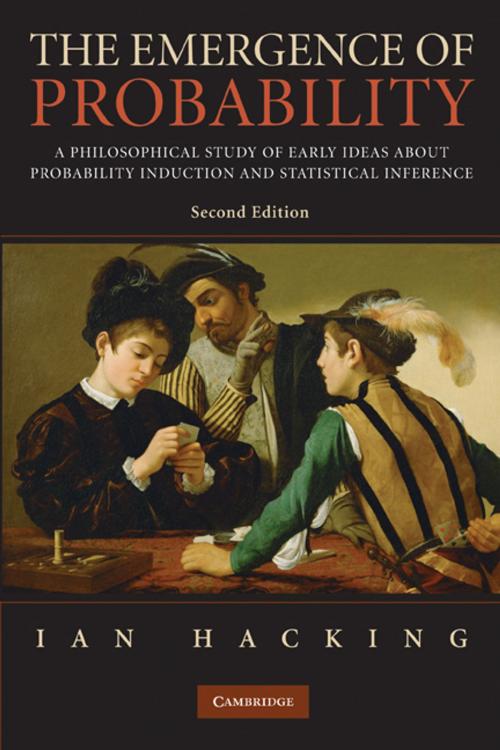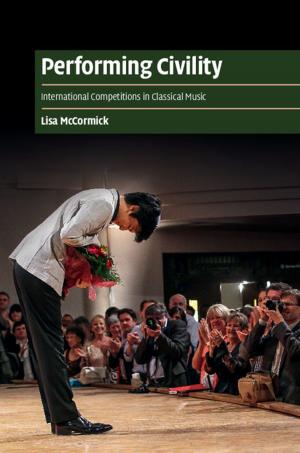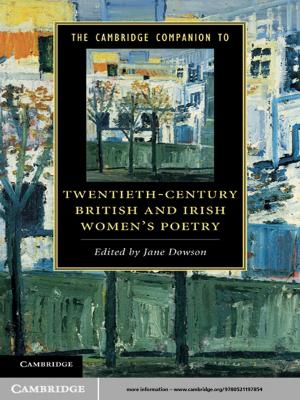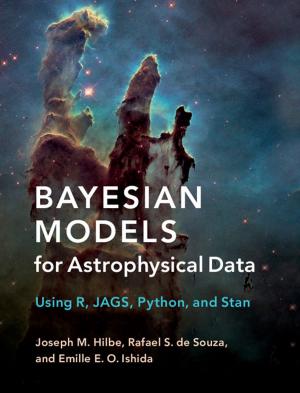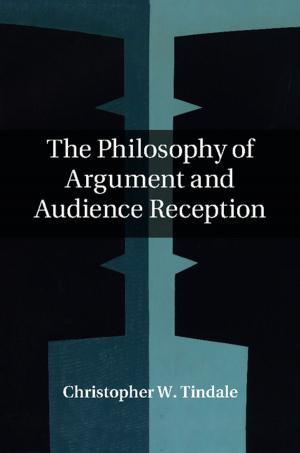The Emergence of Probability
A Philosophical Study of Early Ideas about Probability, Induction and Statistical Inference
Nonfiction, Science & Nature, Science, Other Sciences, Philosophy & Social Aspects, Mathematics| Author: | Ian Hacking | ISBN: | 9781107264113 |
| Publisher: | Cambridge University Press | Publication: | July 24, 2006 |
| Imprint: | Cambridge University Press | Language: | English |
| Author: | Ian Hacking |
| ISBN: | 9781107264113 |
| Publisher: | Cambridge University Press |
| Publication: | July 24, 2006 |
| Imprint: | Cambridge University Press |
| Language: | English |
Historical records show that there was no real concept of probability in Europe before the mid-seventeenth century, although the use of dice and other randomizing objects was commonplace. Ian Hacking presents a philosophical critique of early ideas about probability, induction, and statistical inference and the growth of this new family of ideas in the fifteenth, sixteenth, and seventeenth centuries. Hacking invokes a wide intellectual framework involving the growth of science, economics, and the theology of the period. He argues that the transformations that made it possible for probability concepts to emerge have constrained all subsequent development of probability theory and determine the space within which philosophical debate on the subject is still conducted. First published in 1975, this edition includes an introduction that contextualizes his book in light of developing philosophical trends. Ian Hacking is the winner of the Holberg International Memorial Prize 2009.
Historical records show that there was no real concept of probability in Europe before the mid-seventeenth century, although the use of dice and other randomizing objects was commonplace. Ian Hacking presents a philosophical critique of early ideas about probability, induction, and statistical inference and the growth of this new family of ideas in the fifteenth, sixteenth, and seventeenth centuries. Hacking invokes a wide intellectual framework involving the growth of science, economics, and the theology of the period. He argues that the transformations that made it possible for probability concepts to emerge have constrained all subsequent development of probability theory and determine the space within which philosophical debate on the subject is still conducted. First published in 1975, this edition includes an introduction that contextualizes his book in light of developing philosophical trends. Ian Hacking is the winner of the Holberg International Memorial Prize 2009.
